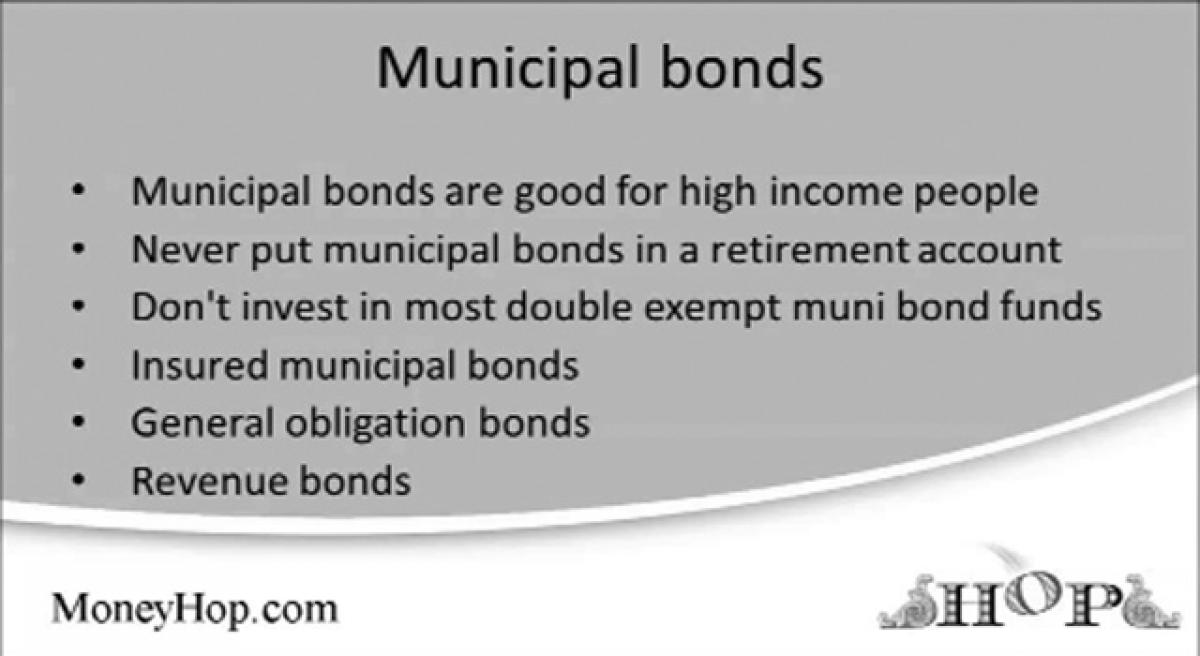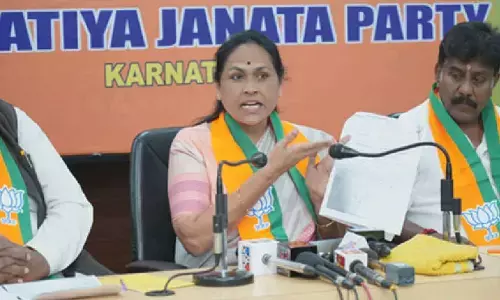Municipal Bonds

Recently, the Pune Municipal Corporation (PMC) raised Rs 200 crore in the first tranche of a proposed Rs 2,264-crore offer via municipal bonds on the BSE. This has rekindled interest in the municipal bond market. The ten-year bond carries a coupon of 7.59 per cent.
Recently, the Pune Municipal Corporation (PMC) raised Rs 200 crore in the first tranche of a proposed Rs 2,264-crore offer via municipal bonds on the BSE. This has rekindled interest in the municipal bond market. The ten-year bond carries a coupon of 7.59 per cent.
Credit Ratings are assigned based on assets and liabilities of Urban Local Bodies, revenue streams, resources available for capital investments, Double Entry Accounting practice and other governance practices. Besides the Credit Rating of Urban Local Bodies, ratings for individual projects for which resources are to bemobilised through Municipal Bonds would have a bearing on the response to such bonds.
With the exercise of Credit Rating of cities and towns gaining momentum, 94 of the 500 cities included in Smart City Mission and Atal Mission for Rejuvenation and Urban Transformation (AMRUT) have obtained such ratings which are necessary for issuing Municipal Bonds for mobilisation of resources.
Urban Local Bodies (ULBs) can borrow through issuance of Municipal Bonds. The money raised by way of issuance of municipal bonds is used to supplement the financial resources of the ULBs. Municipal bonds have been there in India from 1997 onwards. Bangalore Municipal Corporation was the first ULB to issue Municipal Bond in India in 1997.
Ahmedabad made a notable issue in the next years. As per the SEBI Regulations, 2015, a municipality or a Corporate Municipal Entity (CME) should meet certain conditions: The ULB should not have negative net worth in any of three immediately preceding financial years. Non-default: The municipality should not have defaulted in repayment of debt securities or loans obtained from banks or financial institutions during the last 365 days.
Now wilful defaulter: The corporate municipal entity, its promoter, group company or director(s), should not have been named in the list of the wilful defaulters published by the RBI or should not have defaulted of payment of interest or repayment of principal amount in respect of debt instruments issued by it to the public, if any, writes indianeconomy.net.




















